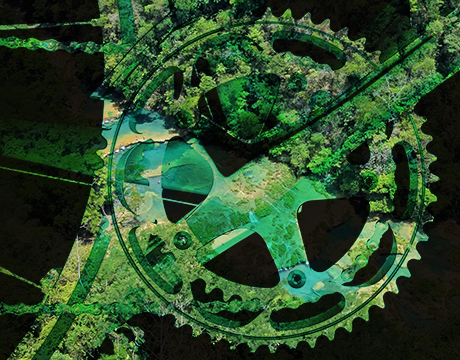Technology Brings Clean Water and Nutrition to Central America
Technology Brings Clean Water and Nutrition to Central America


Guatemala is a Central American country with great opportunities to innovate. Despite natural resources such as rivers, lakes, and mountains, a large portion of the population lacks access to sufficient water. The sources are not reliable and in most cases, the water is not clean. An aggravating factor is contamination.
Another challenge in Guatemala is nutrition. According to UNICEF, 43.4 percent of children in the country are chronically malnourished. Chronic malnutrition strikes indigenous children hardest. These children commonly live in rural areas and account for as many 80 percent of those who suffer malnutrition.
Guatemalans have developed some technologies to address the issues of clean water access and malnutrition. These are made-in-Guatemala solutions to problems that are found all around the world, but that are acute in this lush Central American country.
Founded in 2012, Bici-Tec is a social business focused on the design and implementation of "bici-tecnología" (bike-related tech) to solve common-day problems. Bici-tecnología is human-powered technology that can conserve physical effort. It is used mainly in rural areas. Some of the designs include pedal-powered water pumps, corn shellers, and coffee pulpers.
For You: Targeting China’s Mountains of Sludge
"Bici-máquinas" (bike machines) are made to order. The most popular ones are the water pump and the corn sheller. The main advantages of bici-máquinas are that they work without electric power, they have a long lifetime of six or more years, and they are easy to use.
Ecofiltro is a ceramic “pot” water filter intended mainly for homes and schools. The filter is made of clay, sawdust, and colloidal silver. The company of the same name, Ecofiltro, uses an innovative social business model where they offer different presentations of the filter from plastic to ceramic.
In the 1950s INCAP (Instituto de Nutrición de Centro América y Panamá) developed a nutritional supplement called Incaparina to address malnutrition in Guatemala. Incaparina contains corn flour and soy flour fortified with vitamin A, calcium, and riboflavin, among other vitamins and minerals. It can be found in powdered form for preparation at home or as a liquid ready-to-drink beverage. In 1959 INCAP presented the product and sold the license for mass production to Corporación Castillo Hermanos. A longitudinal study was conducted from 1969 to 1991 proving that children who consumed Incaparina from conception through their third year were taller and heavier than those who did not.
Kingo, another solutions-oriented company, was founded in 2013 by four entrepreneurs looking to improve human capacity by providing off-the-grid electricity at a low cost. Users can buy energy by the hour, day, week, or month the way they buy mobile phone minutes, making it more accessible. Users can buy credits from local salesmen directly or in designated stores. The energy they buy comes from solar generation systems (called Kingos) and is delivered to the end user using a cloud-based software platform. Kingo has made its mission to light up 1 million homes by 2021.
Mayari Perez is a former E4C Research Fellow pursuing a B.S. degree in mechanical and industrial engineering at Universidad del Valle in Guatemala.
Read More:
Targeting China’s Mountains of Sludge
Energy Storage Smooths the Duck Curve
5 Reasons for Engineers to Give Back





